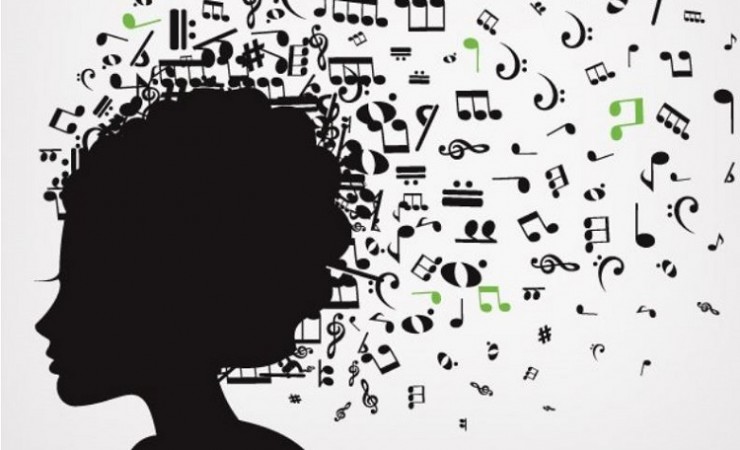
Music has always been deeply intertwined with human emotion and expression. It has the ability to evoke powerful feelings, uplift our spirits, and transport us to different places and memories. However, beyond its inherent beauty and entertainment value, music holds a remarkable therapeutic power. This article explores the field of music therapy, its profound impact on healing, and how it is being harnessed to improve the well-being of individuals across various contexts.
Understanding Music Therapy: Music therapy is an evidence-based practice that utilizes music to address physical, emotional, cognitive, and social needs. It involves the skilled use of musical elements such as rhythm, melody, and harmony, as well as the therapeutic relationship between the client and the trained music therapist. By engaging in musical activities, individuals can tap into the transformative potential of sound.
Healing Effects on the Mind and Body: Music therapy has shown remarkable results in improving mental health conditions such as anxiety, depression, and post-traumatic stress disorder (PTSD). The soothing and rhythmical nature of music helps reduce stress levels, promote relaxation, and regulate emotions. Moreover, it can stimulate the release of endorphins, the body's natural painkillers, aiding in pain management and physical rehabilitation.
Enhancing Cognitive Function: Music therapy has demonstrated its ability to enhance cognitive function in individuals with neurological conditions such as Alzheimer's disease and autism spectrum disorder. By engaging in musical activities, the brain is stimulated, promoting memory recall, language development, and attention span. The rhythmic structure of music can also assist in motor coordination and balance for those with movement disorders.
Creating a Therapeutic Environment: Music therapy is not limited to clinical settings. It has found its way into various environments, including hospitals, schools, and aged care facilities. Creating a therapeutic environment through the integration of music fosters emotional expression, communication, and social interaction. Whether it's a calming lullaby for premature infants or a group drumming session for individuals with developmental disabilities, music therapy provides a safe and inclusive space for self-discovery and growth.
Personalized Approach and Cultural Diversity: One of the strengths of music therapy lies in its ability to cater to individual preferences and cultural backgrounds. Music therapists work closely with clients to understand their unique needs and design interventions that resonate with their personal tastes and experiences. This personalized approach ensures a deeper connection with the music, promoting a sense of familiarity and comfort.
Music Therapy in Palliative Care: In the context of palliative care, music therapy has shown immense value in providing emotional support, reducing pain perception, and enhancing the quality of life for patients nearing the end of life. The soothing melodies and personalized playlists offer solace, facilitate emotional expression, and promote a peaceful environment for both patients and their loved ones.
The healing power of music therapy is undeniable. Through the intentional and skillful use of music, individuals can experience profound emotional, physical, and cognitive transformations. Music therapy not only supports traditional medical interventions but also addresses the holistic needs of individuals, promoting well-being and improving their quality of life. As we continue to unlock the potential of this therapeutic modality, the power of music to heal and transform will undoubtedly continue to inspire us.